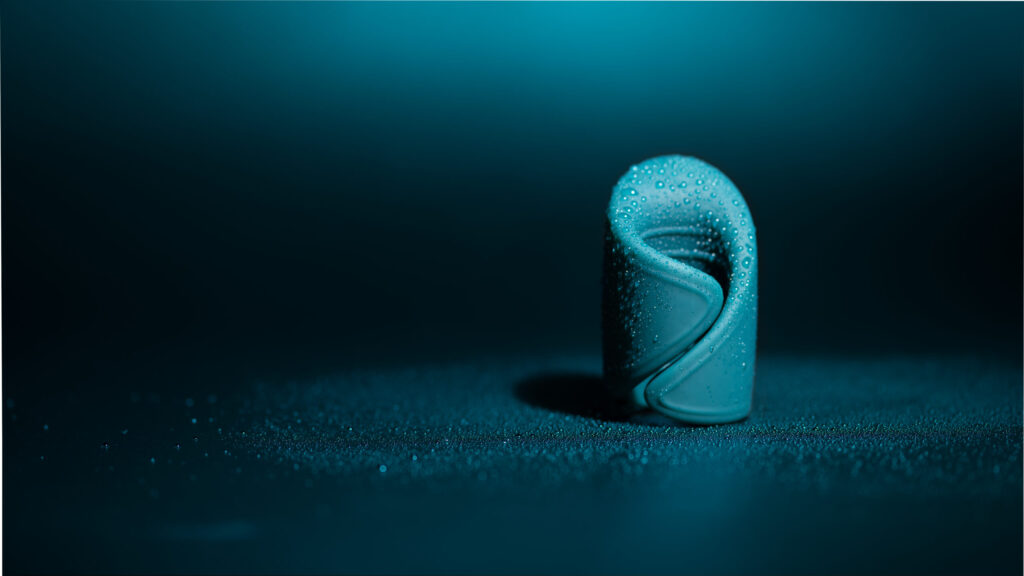Daddy Memes and Hashtags: Why is it so popular?

In recent years, the use of the term “daddy” in memes and hashtags has gained popularity on social media platforms such as Twitter, Instagram, and TikTok. The term has evolved from its traditional meaning of a father figure to a sexualized term used to describe a dominant, attractive, and older man. This trend has led to discussions and debates around the use of the term and what it means about sexuality.
The use of “daddy” in a sexual context is not new. It has been used in the LGBTQ+ community for years as a term of endearment between partners, particularly within the BDSM (Bondage, Discipline, Sadism, and Masochism) community. However, the recent mainstream popularity of “daddy” memes and hashtags has brought this term into the mainstream, sparking debates about what it means for sexual norms and gender roles.
Some argue that the popularity of “daddy” memes and hashtags reflects a cultural shift towards more open and accepting attitudes towards alternative sexualities. It is seen as a way to reclaim the word “daddy” and to redefine what it means in a sexual context. It is seen as a way for individuals to express their sexuality freely, without shame or stigma.
Others, however, argue that the use of “daddy” in a sexual context reinforces traditional gender roles and power dynamics. It reinforces the idea that men should be dominant and powerful, while women should be submissive and obedient. This can perpetuate harmful stereotypes and contribute to a culture of sexual objectification and harassment.
It is also important to note that the use of “daddy” in a sexual context is not limited to one gender or sexual orientation. It can be used by anyone, regardless of their gender identity or sexual orientation. However, it is primarily associated with women and gay men.
Despite the debates around the use of “daddy” in a sexual context, it is clear that this term has gained a significant amount of popularity on social media. It has become a cultural phenomenon that has spawned countless memes, hashtags, and even merchandise.
So what does the popularity of “daddy” memes and hashtags mean about sexuality? It is difficult to draw any definitive conclusions, as the meaning of this trend is highly subjective and varies depending on who you ask. However, it is clear that it reflects a broader cultural shift towards more open and accepting attitudes towards sexuality and sexual expression.
The Daddy actor list
- George Clooney: With his salt and pepper hair and charming demeanor, George Clooney has long been considered a daddy by many. He has even played the role of a father in movies like “The Descendants” and “Up in the Air.”
- Idris Elba: Known for his rugged good looks and deep voice, Idris Elba has been called a daddy by many of his fans. He has played a number of fatherly roles on screen, including Heimdall in the Marvel Cinematic Universe.
- Chris Hemsworth: The Australian actor, best known for playing Thor in the Marvel Cinematic Universe, has also been called a daddy by his fans. With his muscular build and chiseled features, Hemsworth is a favorite among many.
- Jeff Goldblum: The quirky and eccentric actor has developed a cult following in recent years, with many referring to him as a daddy. His unique style and quirky personality have endeared him to fans of all ages.
- Denzel Washington: With his commanding presence and deep voice, Denzel Washington has been referred to as a daddy by many of his fans. He has played a number of fatherly roles on screen, including in movies like “The Book of Eli” and “John Q.”
Conclusion
In conclusion, the popularity of “daddy” memes and hashtags is a reflection of our evolving attitudes towards sexuality. It is a way for individuals to express their sexuality freely and without shame, but it also raises important questions about gender roles and power dynamics. As with any trend, it is important to approach the use of “daddy” in a sexual context with critical thinking and an understanding of its potential implications.
It is worth noting that the term “daddy” is subjective and can mean different things to different people. What one person finds attractive or appealing may not be the same for someone else.


